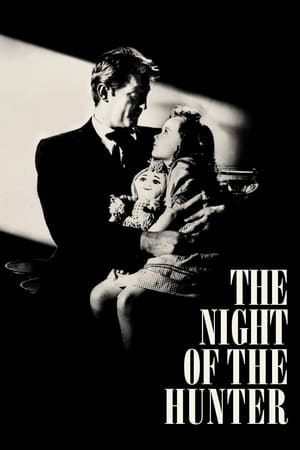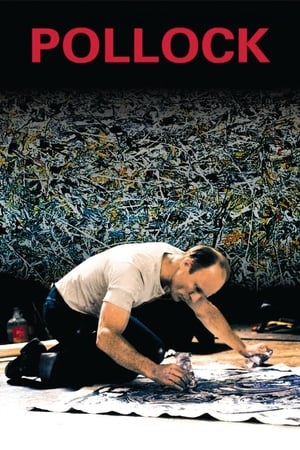Expressionism Movies and TV Shows – Explore Epic Stories & Anime
It's fascinating how filmmakers have managed to encapsulate the human condition in a way that feels both deeply personal and universally relatable. One such artistic movement that has left an indelible mark on cinema is Expressionism. Originating in early 20th-century German theater, this style sought to evoke mood and atmosphere over naturalistic representation. In films, it's characterized by stylized visuals, intense emotional portrayals, and a penchant for exploring the darker aspects of human nature.
Let's dive into some captivating examples from cinema history that beautifully embody this theme.
In "The Birth of the Journey Before Death", we witness a poignant exploration of human existence against the backdrop of interconnected lives grappling with their own mortality. The narrative unfolds in real-time, mirroring life's unpredictability and urgency. As characters confront their individual challenges while being aware that time is relentlessly moving forward, we are invited to empathize with each one's plight. This film offers a raw, honest portrayal of human experience - an authentic reflection on how we perceive our own mortality and navigate through life's uncertainties.
Similarly, "Dracula: Pages from a Virgin's Diary" channels the atmospheric aesthetics of early 20th-century silent Expressionist cinema. Through monochrome photography and intertitles, it brings to life Bram Stoker's classic gothic novel, capturing its haunting tale with graceful ballet sequences. The film asks us to delve into the psyche of characters through their movements, capturing fears, desires, and tragic fates.
"The Life and Death of 9413, a Hollywood Extra" presents an unconventional interpretation of the American dream. It explores themes of identity and ambition in the pursuit of fame by following an aspiring actor reduced to a numbered prop in the ruthless world of Hollywood. Through visually striking imagery and minimal dialogue, it questions the true cost of success when individuality is often lost amidst the relentless chase for stardom.
"Warning Shadows", set in an 1800s German manor, weaves a tale of tension and intrigue as shadow-players intervene during a lavish dinner party. As reality blurs with illusion, guests find themselves questioning their experiences, delving into themes of jealousy, desire, and power dynamics.
In "The Blue Angel", professor Immanuel Rath becomes entangled in the alluring world of cabaret performer Lola Lola. This captivating drama explores forbidden desires, societal norms, and complexities of love as it follows their passionate relationship.
Finally, "Waxworks" takes us on a journey where reality blends with imagination. Set in a wax museum within a bustling circus, this film celebrates the power of human connection that transcends time and space. As the poet weaves tales of history, fantasy, and romance alongside his deepening connection to Eva, he navigates through the complexities of love and desire.
Each of these films embodies different aspects of Expressionism - from stylized visuals to intense emotional portrayals. They remind us that cinema is not just about telling stories but also evoking emotions, challenging conventions, and inviting us to reflect on our own human experiences.
As we continue to explore this fascinating artistic movement through contemporary lenses, one thing remains clear: Expressionism continues to be a powerful force in shaping the landscape of cinema. Its legacy serves as an enduring testament to the boundless creative potential of filmmakers willing to delve into the shadows and emotions of the human experience.































